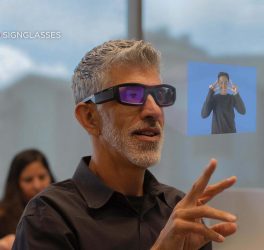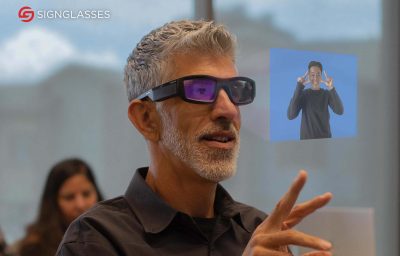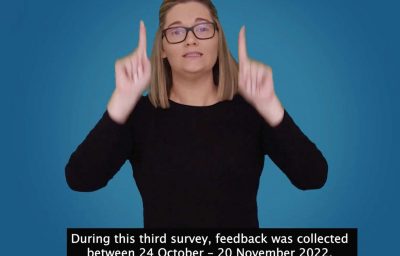Tucked behind a row of trees away from the hustle and bustle of the city, Pallet Cafe is perhaps the only bar in Nairobi that intentionally employs deaf staff members, EFE reports.
Waiters move freely around the outside seating zone adorned with Buddhist flags , attending customers who communicate their orders in sign language using the instructions provided on the menus.
Six months after Pallet Cafe first opened, the owner Feisal Hussein and manager Susan Watkins insist its success is down to people’s curiosity to experience something different, the tranquil setting, the good service and the food.
“The idea behind is to empower people with a disability, people who are vulnerable in society, people who are not given chances in their life,” Watkins said, adding that out of a total of 13 workers, five are deaf.
Deaf people in Kenya face the daunting challenge of getting a good education and securing employment in a country where 26.6 percent of young people are out of work, according to the United Nations Development Programme. In Kenya’s higher education system assistance for deaf people is increasing thanks to the integration of interpreters in some public universities, although those services remain a minority.
According to the World Health Organization, hearing loss is the fourth most common disability worldwide, with an estimated 446 million deaf people, mostly concentrated in Asia’s Pacific regions and sub-Saharan Africa, two regions where healthcare is often basic and access to it is limited.








